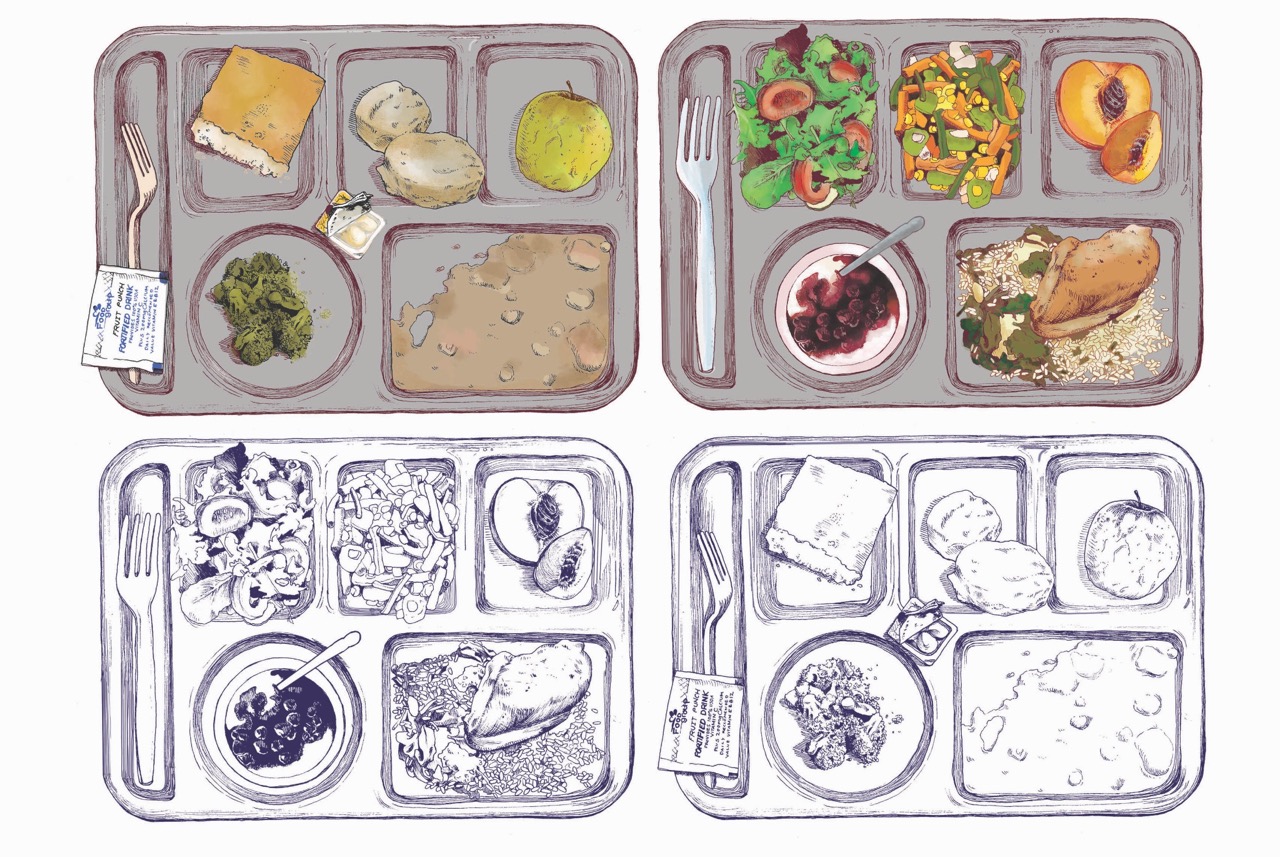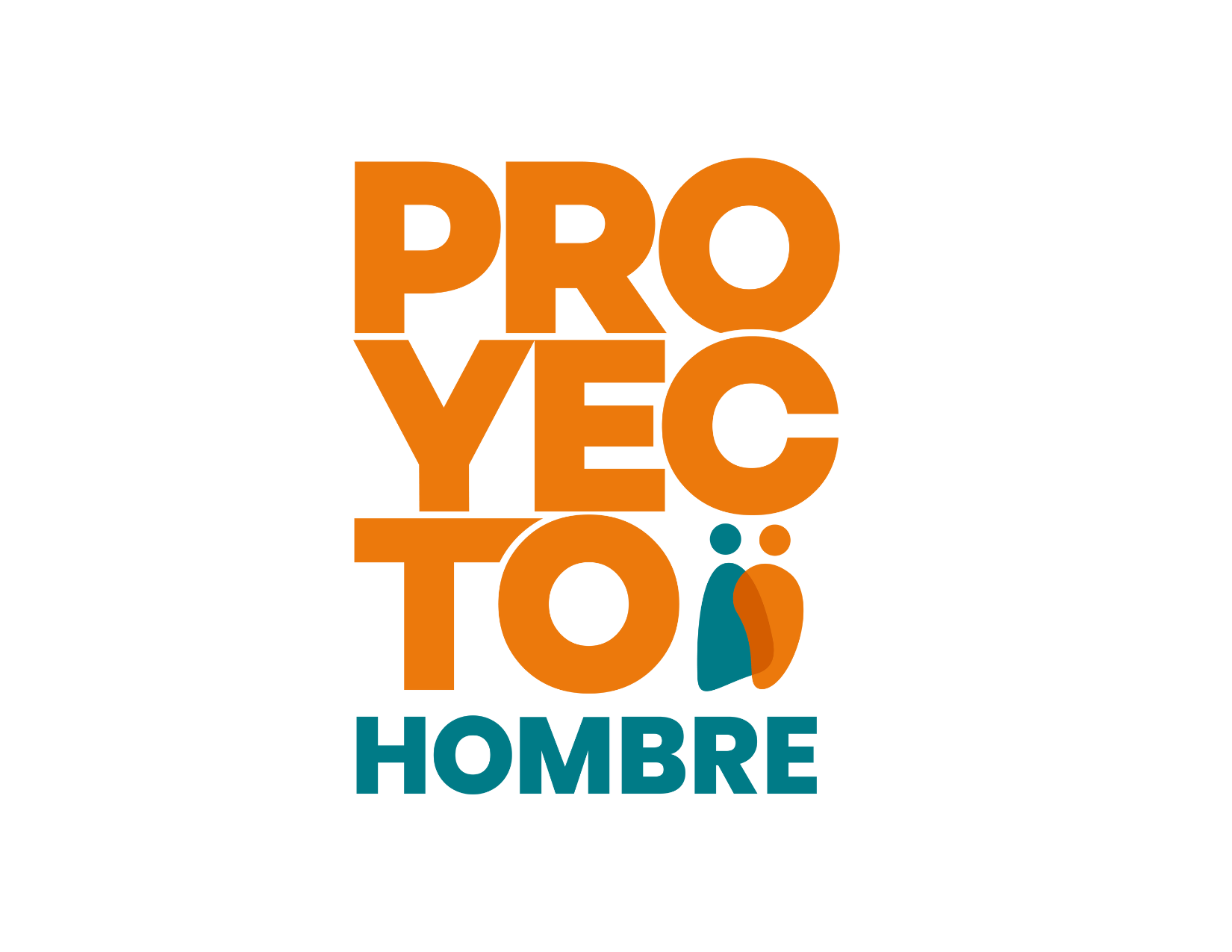
In 2020 Impact Justice sparked a national conversation about the poor quality of food in prison and its consequences through our report Eating Behind Bars: Ending the Hidden Punishment of Food in Prison. Today, we’re working on multiple fronts to expand access to fresh, nourishing, appealing food in prisons and jails as a fundamental human right and as part of preparing people to return home healthy and able to contribute to their families and communities.
Most recently, we launched Chefs In Prisons in partnership with Dan Giusti, former chef de cuisine at the Michelin Star restaurant Noma, and his company Brigaid, which has a track record of transforming food service in schools. We’re united in the belief that, with the same energy and commitment, we can transform food in prison, and the Maine Department of Corrections is excited to be the initial site. Under the leadership of Commissioner Randall Liberty, the department has already made some improvements to the quality of food in particular facilities and is eager to take this work to scale.
Beginning in fall 2022, an experienced chef will be embedded in the DOC and tasked with transforming food service across all of Maine’s correctional facilities, in part by taking a new approach to menu planning and food preparation. The effort includes providing quality culinary training to every incarcerated person assigned to work in a prison kitchen, with the added benefit of boosting their employment prospects after release. In the few prisons where culinary training programs do exist, they typically enroll just a handful of people.
Chefs In Prisons is also an environmentally sensitive pathway to reducing food waste in prisons – a problem nationally – because thoughtfully prepared food is much less likely to end up in the garbage. We’re grateful to the Posner Foundation of Pittsburgh, Elmina B. Sewall Foundation, and generous individual donors for providing seed funding for Chefs In Prisons.
Prisons function as out-of-sight food deserts, perpetuating patterns of poor health in communities that already experience profound inequities. The growing movement for food justice will not be complete until it reaches inside prisons and jails.
We’re also working in California to increase access to and consumption of California-grown fruits and vegetables in state prisons. Along with improving the quality and nutrition of food served to incarcerated people, this would benefit local growers, especially smaller-scale farms. We’re undertaking this work in partnership with the University of California’s Nutrition Policy Institute and ChangeLab Solutions. While we’re focused on change in California, this work involves examining trends nationally and identifying effective strategies for overcoming common obstacles that prevent state departments of corrections from purchasing and serving more fresh, local food.
Finally, we’ve expanded the scope of our work to also encompass jails, where the quality of food is often worse than in state prisons. For example, as a founding member of the Food in the DC Jails Working Group, we’re collaborating with DC Justice Lab, DC Greens, Don’t Mute My Health, The Green Scheme, and other local organizations to improve access to nourishing food in DC jail facilities.







